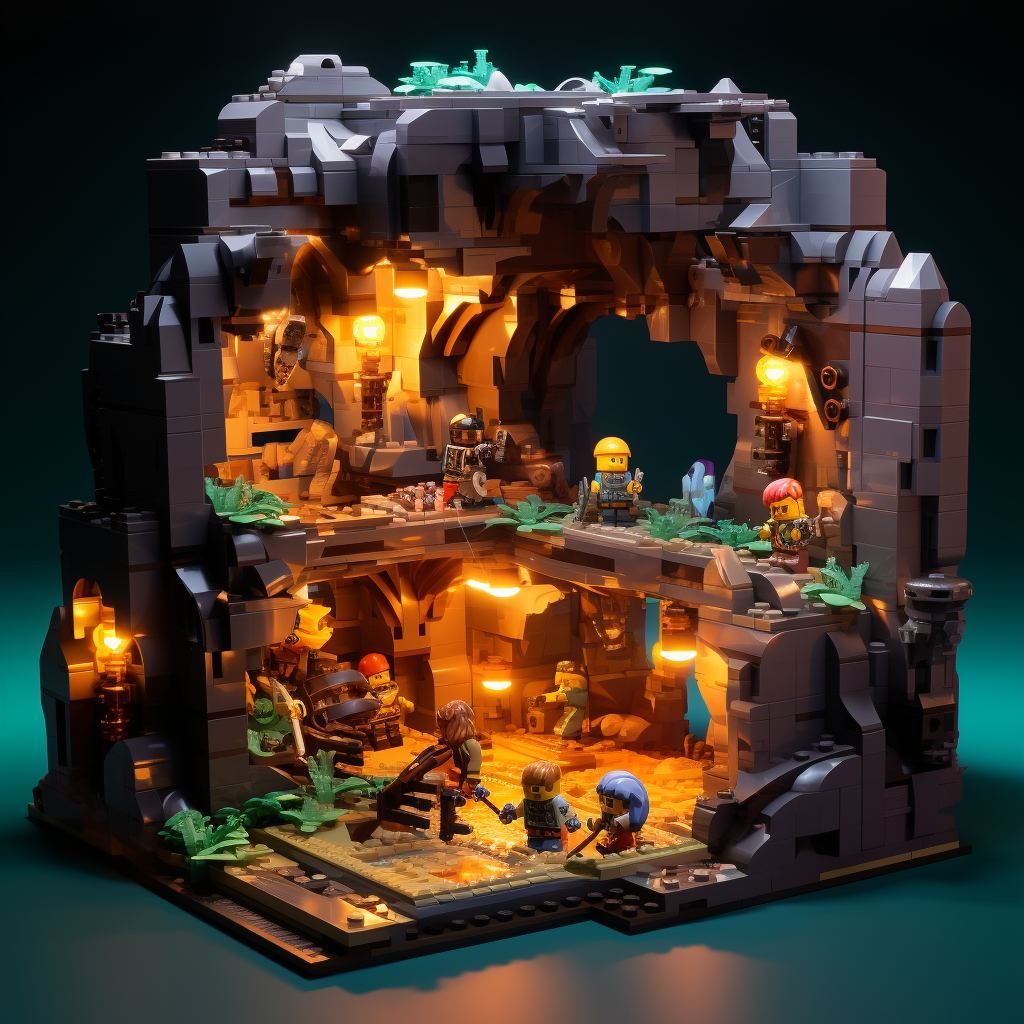Baldur’s Gate 3, the highly acclaimed role-playing video game developed by Larian Studios, has captured the hearts of gamers worldwide.
While its roots are firmly planted in the world of Dungeons & Dragons (DnD), there has been an ongoing debate about whether one needs prior DnD knowledge to fully enjoy the game.
The influence of DnD on video games
From its inception, Dungeons & Dragons has been a wellspring of inspiration for video games. Baldur’s Gate 3 is undoubtedly one of the most prominent examples of this influence. However, it’s essential to recognize that the connection between DnD and video games goes beyond just this title. Many RPGs have evolved from the early tabletop role-playing games, borrowing concepts such as baseline stat systems and digital dice rolling.
Baldur’s Gate 3 and its DnD identity
Baldur’s Gate 3 distinguishes itself by prominently showcasing its DnD identity. This decision taps into the recent surge in DnD’s popularity through streams, podcasts, and even a movie adaptation. While this approach enhances the experience for DnD enthusiasts, it has also led to concerns about gatekeeping, which can be discouraging to newcomers.
Gaming experience vs. tabletop experience
It is crucial to dispel the notion that one must be well-versed in DnD to enjoy Baldur’s Gate 3 fully. The game is primarily a video game experience, not a direct tabletop adaptation. Its combat mechanics, reminiscent of modern titles like XCOM, are accessible to a broader audience.
Players familiar with RPGs like Skyrim or Diablo will find common ground in looting and character progression. Additionally, those who have played Larian’s previous title, Divinity: Original Sin 2, will find similarities in core mechanics.
Complex characters and narrative
Larian Studios has crafted intricate characters that have transcended the gaming world, even reaching non-gaming audiences through platforms like TikTok. The depth of choice in Baldur’s Gate 3, while substantial, cannot replicate the limitless possibilities of a DnD campaign. Tabletop DnD often thrives in the theater of the mind, allowing for unparalleled creativity and freedom in decision-making.
The argument that familiarity with the Forgotten Realms setting is essential also falls flat. Many DnD players explore custom settings or other popular worlds like Exandria from Critical Role. The flexibility of DnD allows players to immerse themselves in various settings, making prior knowledge of Faerûn unnecessary.
The role of quick saves
One of the significant departures from traditional DnD in Baldur’s Gate 3 is the ability to quickly save. While DnD typically relies on dice rolls with no room for do-overs, the game’s design permits players to retry critical moments. While this design choice is understandable for a video game, it diminishes the significance of the dice-rolling mechanic, which is integral to the DnD experience.





